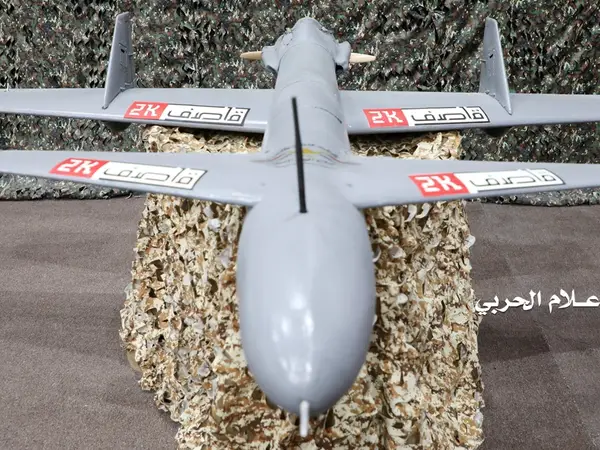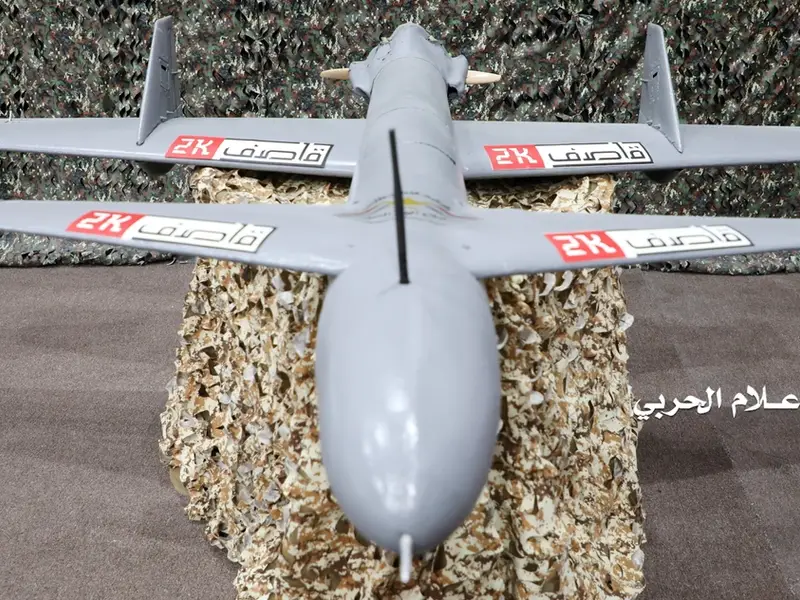The United Arab Emirates may upgrade its defensive capabilities after missile and drone attacks by Yemen's Iran-backed Houthi group, a senior UAE diplomat said.
The UAE envoy to the United Nations, Lana Nusseibeh, told CNN on Tuesday that UAE intelligence showed the two assaults - the first on the regional commercial and tourism hub - had originated from Yemen, and there was also a need to stem illicit flows of weapons and funds to the group. Houthis had already claimed responsibility for the attacks
The envoy said UAE will also continue diplomacy with Tehran to reduce regional tensions.
A Saudi-led military coalition, which includes the UAE, accuses Iran of supplying the Houthis with arms, which both Tehran and the group deny. United Nations experts have determined that many weapons used by the Houthis have Iranian origin.
Iran has been expanding its military and intelligence presence throughout the Middle East for four decades but setting up a host of allies and militant proxies in the past decade it has created serious tensions with Saudi Arabia, Israel and other regional countries.
Monday's strike, aimed at a base in Abu Dhabi hosting US forces, was thwarted by American-built Patriot interceptors, after a deadly attack a week earlier on the capital.
Nusseibeh confirmed ongoing security discussions with Washington but declined to provide details. The UAE uses the US anti-missile interception system THAAD.
"Our ability to intercept and deflect these attacks is world class," she said. "There can always be upgrades and improvements and... additional intelligence cooperation and I think these are the fields we're looking at with our (U.S.) partners."
The Houthis said they are punishing the UAE for backing forces battling the group in energy-producing regions, after the UAE in 2019 largely distanced itself from Yemen.
She said the UAE, which has urged Washington to reinstate a terrorist designation of the Houthis, was also discussing with partners increasing pressure on the group to engage with stalled UN-led peace efforts. The Biden Administration removed the Iran-backed group from its terror designation immediately after assuming office one year ago, as it aimed to open talks with Tehran to restore the 2015 nuclear agreement.
"That means listing them again on sanctions regimes ... potentially listing additional figures, it means stopping the illicit flow of weapons and finance to them."
The Houthis have repeatedly launched attacks on Saudi Arabia in the war, seen as a proxy conflict between Riyadh and Tehran.
Nusseibeh said the Houthis would not succeed in undermining the UAE's safe-haven status.
The Houthi attacks come as Iran has been promoting a foreign policy aimed at improving relations with regional countries as an antidote to US sanctions that have crippled its economy.
The UAE, which has been engaging with Iran, would continue diplomacy aimed at de-escalation, she said, while reserving the right to defend itself "defensively and offensively" in the Yemen conflict.
With reporting by Reuters

